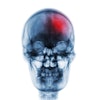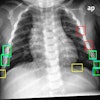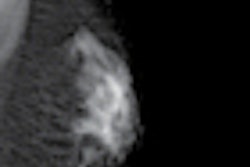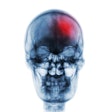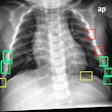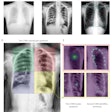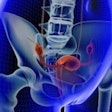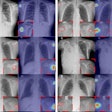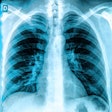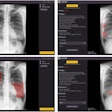A report issued on Wednesday by the American College of Cardiology Foundation (ACCF) and several other medical societies offers detailed criteria for determining when invasive cardiac catheterization is a reasonable option for evaluating patients for heart disease.
Despite the rise of noninvasive diagnostic modalities such as CT and MRI, invasive cardiac catheterization remains a common procedure in the U.S. and can still be the best way to diagnose heart problems in some cases. However, the procedure is expensive, and its invasiveness entails a certain amount of risk, so determining when the benefits of performing the procedure outweigh the risks is essential, according to a statement by the writing group representing the societies.
The panel identified 166 possible clinical scenarios when referral for diagnostic catheterization might be considered -- drawn from the medical literature and anticipated clinical applications -- and assessed the appropriateness for each indication. Altogether, the group determined cardiac catheterization to be "appropriate" in about half of the clinical situations evaluated, according to Duke University's Dr. Manesh Patel and colleagues in the writing group.
Almost 30% of the scenarios were rated as "uncertain," where the procedure may be considered reasonable. The authors emphasized that an uncertain designation should not be used by payors as grounds for denial of reimbursement.
Cardiac catheterization was deemed not reasonable or "inappropriate" in 25% of the clinical scenarios, the group wrote. That means the procedure may not be needed most of the time, but a small percentage of cases may be justified based on extenuating clinical circumstances, Patel explained.
The document focuses on the traditional use of catheterization to detect coronary artery stenosis, but the group also considered its use for arrhythmia workup, in preoperative testing, and to evaluate patients with possible valve disease, pulmonary hypertension, or problematic cardiac output. Catheterization is appropriate in the following scenarios:
- In patients with symptoms and a high pretest probability of coronary artery disease
- In cases of definite or suspected acute coronary syndrome
- In patients with typical symptoms and intermediate- or high-risk findings on prior diagnostic tests
Direct referral to catheterization is inappropriate in the following situations:
- Asymptomatic patients at low risk for coronary artery disease or without significant symptoms suggestive of heart disease
- As part of a preoperative workup for noncardiac surgery in patients with good functional or exercise capacity and/or those undergoing low-risk surgeries (if a patient has significant risk factors or is undergoing transplantation or heart valve surgery, diagnostic catheterization is warranted)
Each patient is different, and clinical judgment should play a role for individual patients, the authors wrote. The writing and technical panels said they favor collaborative interaction between patients, referring clinicians, and cardiologists in determining the need for cardiac catheterization procedures.
The criteria were developed by the ACCF in collaboration with the Society for Cardiovascular Angiography and Interventions, the American Association for Thoracic Surgery, the American Heart Association, the American Society of Echocardiography, the American Society of Nuclear Cardiology, the Heart Failure Society of America, the Heart Rhythm Society, the Society of Critical Care Medicine, the Society of Cardiovascular Computed Tomography, the Society for Cardiovascular Magnetic Resonance, and the Society of Thoracic Surgeons.
